When it comes to maintaining a healthy diet, fats have often been portrayed as the ultimate villain, leading to numerous misconceptions about fat containing food. However, not all fats are created equal. In fact, some fats are incredibly beneficial and essential for optimal health. Let’s dive into the world of high-fat foods that will not only tantalize your taste buds but also leave you smokin’ healthy.
Avocado – Fat Containing Food
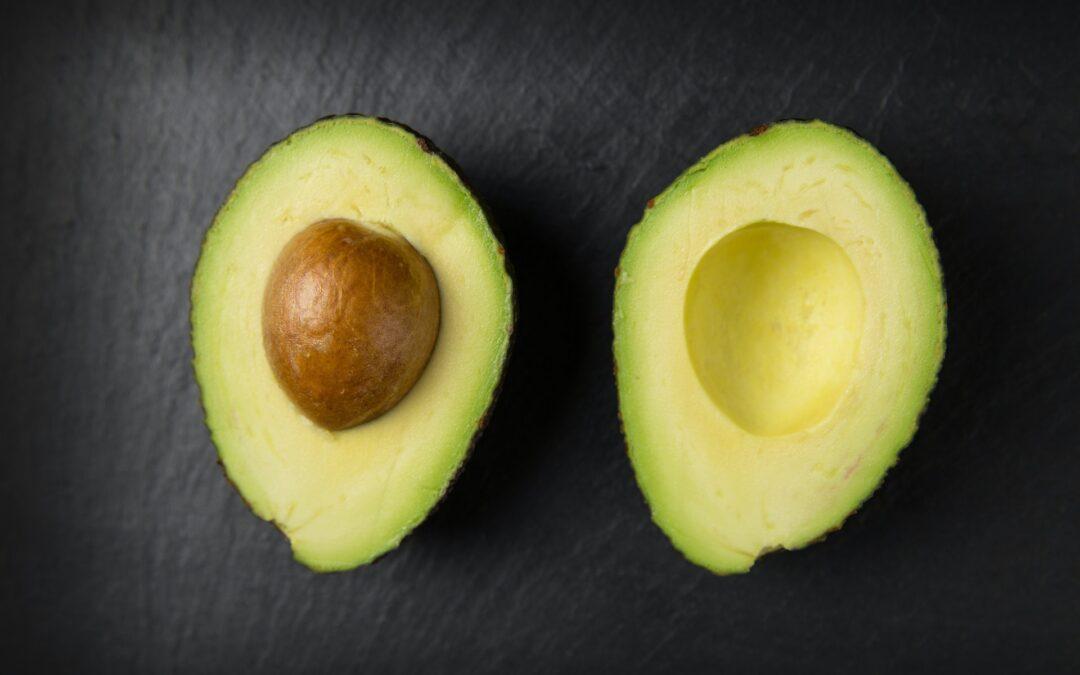
One of nature’s most delightful creations, avocados, are not only creamy and delicious but also packed with essential nutrients. These pear-shaped wonders are abundant in heart-healthy monounsaturated fat containing food, which have been linked to reduced LDL cholesterol levels and a decreased risk of heart disease. Avocados also boast an impressive array of vitamins and minerals, including potassium, vitamin K, vitamin E, and folate.Beyond their cardiovascular benefits, avocados can aid in weight management due to their high fiber content, promoting a feeling of fullness and reducing unhealthy snacking. These versatile fruits can be enjoyed in various ways, from guacamole to avocado toast or simply sliced on top of salads.
Nuts and Seeds – Fat Containing Food
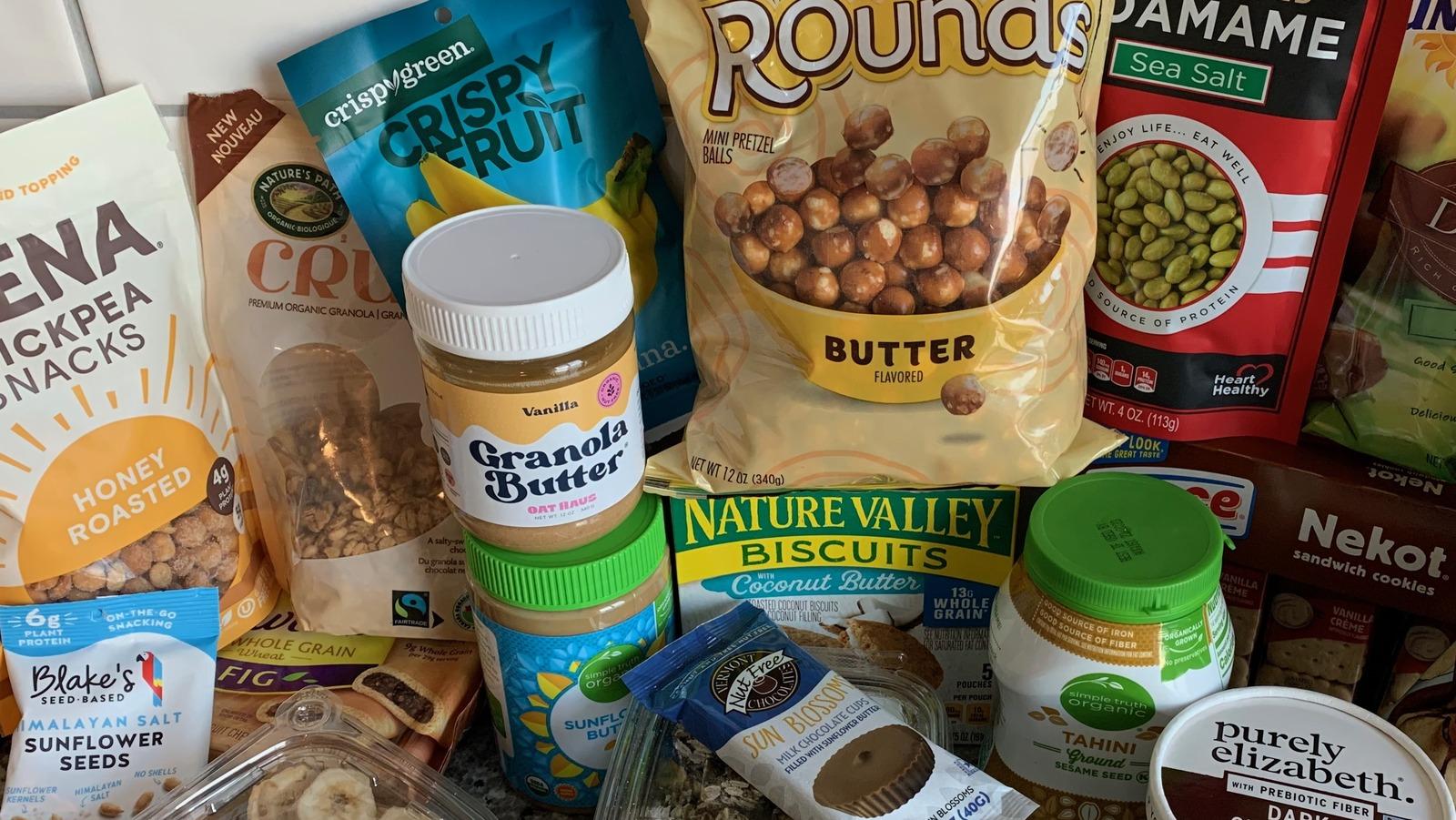
If you’re looking for a convenient and satisfying snack that’s also nutritious, nuts and seeds are your go-to options. Almonds, walnuts, chia seeds, and flaxseeds are just a few examples of these nutrient powerhouses. Rich in healthy fat containing food, omega-3 fatty acids, and protein, nuts and seeds support heart health and brain function.The anti-inflammatory properties of these small wonders make them excellent for reducing inflammation and improving overall brain health. Consider sprinkling chia seeds over your morning yogurt or enjoying a handful of almonds as a mid-afternoon pick-me-up.
Olive Oil – Fat Containing Food
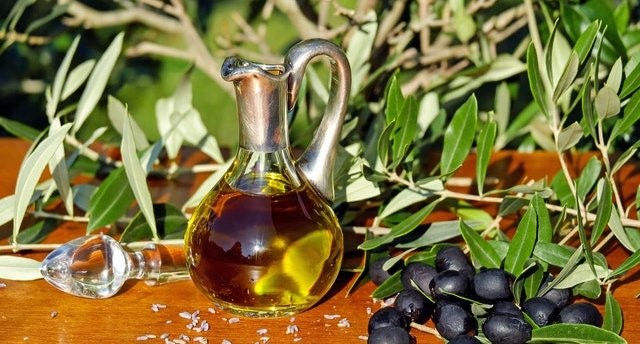
Olive oil, a staple of Mediterranean cuisine, is not just a kitchen essential; it’s also a golden elixir for your health. This monounsaturated fat containing food oil has been associated with numerous health benefits, particularly for the cardiovascular system. Regular consumption of olive oil can lower bad cholesterol levels and reduce the risk of heart disease.But its benefits don’t stop there. Olive oil’s antioxidants contribute to healthy, radiant skin, and its anti-inflammatory properties may protect against chronic diseases. Drizzle some extra-virgin olive oil over your salads or use it as a healthier alternative to butter when cooking.
Fatty Fish – Fat Containing Food
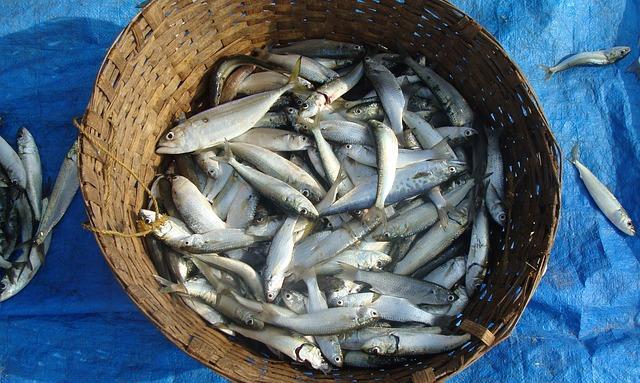
Fatty fish, such as salmon, mackerel, and trout, are a true delight for seafood lovers. These fish varieties are loaded with omega-3 fatty acids, essential fat containing food that play a crucial role in brain health and cognitive function. Studies have shown that omega-3s can alleviate symptoms of depression and anxiety, promoting emotional well-being.In addition to their mental health benefits, fatty fish support a healthy heart and contribute to lowering blood pressure. Grilling, baking, or poaching these fish can preserve their nutritious qualities and create mouthwatering meals.
Dark Chocolate – Fat Containing Food

Who doesn’t love a little indulgence in the form of dark chocolate? The good news is that this guilty pleasure can actually be beneficial for your health when consumed in moderation. Dark chocolate contains healthy fat containing food that have a positive impact on cardiovascular health by improving blood flow and reducing the risk of blood clots.Moreover, dark chocolate is known to enhance mood and reduce stress, thanks to its ability to stimulate the release of endorphins. Additionally, the presence of antioxidants in dark chocolate helps fight off free radicals and supports overall cellular health. Treat yourself to a square or two of high-quality dark chocolate and savor the goodness.
Coconut – Fat Containing Food
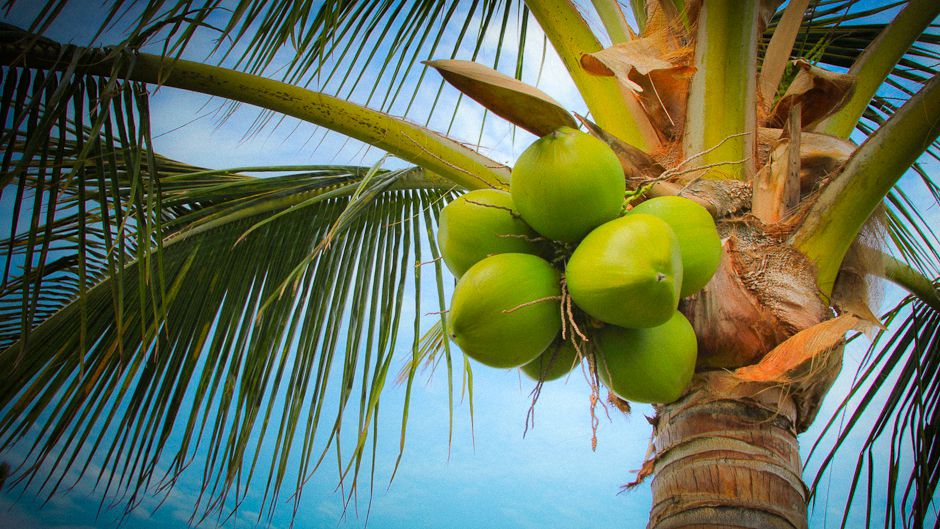
Coconut, with its unique saturated fats, has earned a reputation as a versatile tropical wonder. While saturated fats have been historically demonized, emerging research suggests that certain types of saturated fat containing food, like those found in coconut, may have health benefits.Coconut’s medium-chain triglycerides (MCTs) are easily digestible and can be quickly converted into energy, making them an excellent option for those following a ketogenic diet or seeking a sustainable energy source. Additionally, coconut’s antimicrobial properties may support a robust immune system. Incorporate coconut oil into your cooking, sprinkle coconut flakes over desserts, or sip on refreshing coconut water for a tropical twist.
Conclusion
It’s time to dispel the myth that all fats are unhealthy. Embracing the right high-fat foods can not only add depth and flavor to your meals but also improve your overall well-being. Avocados, nuts, olive oil, fatty fish, dark chocolate, and coconut are delightful options that provide a plethora of health benefits, from promoting heart health to boosting brain function. So, go ahead and indulge in these delectable, smokin’ healthy choices to transform your relationship with fats and enhance your culinary experience. Remember, a balanced diet that includes these healthy fats is a key ingredient in the recipe for a healthier and happier life.
FAQs
Can I eat avocados every day?
Absolutely! Avocados are a fantastic addition to your daily diet, thanks to their nutrient-rich profile and heart-healthy monounsaturated fats.
How much dark chocolate should I consume daily?
While dark chocolate offers health benefits, it’s essential to enjoy it in moderation. One to two small squares a day can be sufficient to reap the rewards.
Are nuts and seeds calorie-dense?
Yes, nuts and seeds are calorie-dense due to their healthy fat containing food. However, when consumed in appropriate portions, they make for a satiating and nutritious snack.
Can I cook with olive oil at high temperatures?
Olive oil has a lower smoke point compared to some other cooking oils. For high-heat cooking, it’s best to opt for oils with higher smoke points, like coconut oil.
How often should I include fatty fish in my diet?
Aim to have fatty fish at least twice a week to ensure you get a good dose of omega-3 fatty acids and enjoy the associated health benefits.
Are there any potential allergic reactions to coconut products?
While allergies to coconut are relatively rare, they can occur. If you experience any adverse reactions after consuming coconut, it’s best to consult a healthcare professional.




